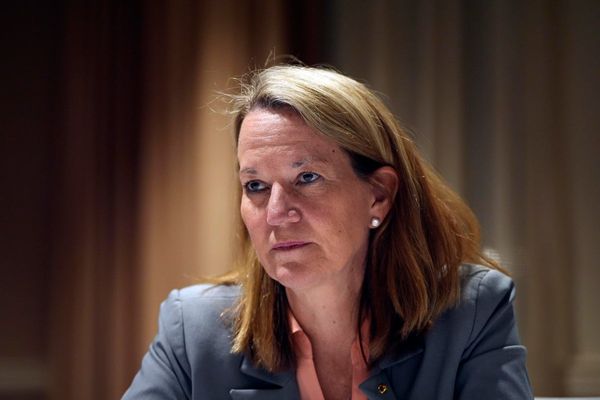
A few weeks ago I went into detail in Crikey about childcare policies of the Coalition v Labor’s promises, with a view to showing where each policy could suit best, based on various factors such as the number and age of children, and family income.
The comparison was worth the effort because some situations had a better outcome under the existing Coalition policy and vice versa.
I worked on the policy as outlined on the Labor website — which simplified the way the childcare subsidy was calculated — and dismantled the Coalition’s more targeted policy that paid higher subsidies to families with more than one child under six.
I noticed some numbers on the Labor website were incorrect and sent an email on April 7 to the office of Amanda Rishworth, Labor’s spokeswoman on early childhood education, outlining my reasons for thinking this the case.
Nine days later I got a response agreeing there was an error, and that the website would be updated — but it still has the wrong information. It’s not way out, but this is important stuff — as it is the detail on how much high-income earners will benefit from childcare subsidy support when there was no help before.
After my Crikey article was published, I was informed in the comments section (thanks jcherry) that my article was not up to date. I had not taken into account the fact that Labor had amended its policy to match any situation where the Coalition policy gave a better outcome to families.
I was pretty embarrassed for missing this important change — until I went looking for the detail. This change — which meant Labor would trump Coalition policy for all families — can be affirmed by this sequence:
- This line in the budget reply speech: “Under our plan, no family will be worse off, but almost all families will be better off.”
- This line in a media release from March 31: “Lift CCS [childcare subsidy] rates for the second and more children in care.”
- This line from the updated website Labor’s plan for cheaper childcare: “Families with two or more children will continue to receive a higher subsidy rate for second and subsequent children, or the rates above, whichever is higher.”
Analysis provided by the Grattan Institute brought the details together nicely, in that the new policy was now a kind of hybrid of both policies: all first children under six get the uplift of the Labor policy, and second and subsequent children under six get an outcome based on comparing both policies, and apply the higher percentage. The result: more money — and more complexity.
Why is this an important story? First, if 1.26 million families are going to be better off, it is worth knowing exactly how much better off. This is a big job. Second, analysts around the place are still not unified on the exact detail of the Labor policy. If they aren’t clear, what hope for families?
This is a big deal. But is anybody in the party really listening?







